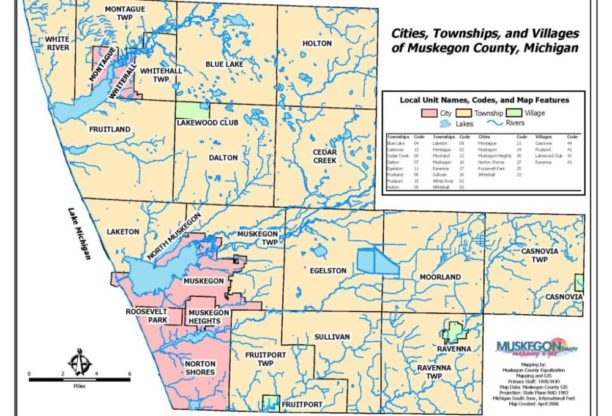Not everyone likes to smoke cannabis. The act of smoking—taking an irritating substance into delicate lung tissue is one of the more unhealthy aspects of marijuana use. It also makes it difficult for physicians to embrace marijuana as medicine. People with asthma or other lung issues are sensitive to any kind of smoke and smoking is problematic for children who need cannabis medicine. So, when the Bureau of Medical Marijuana Regulation threatened to close Michigan’s dispensaries earlier this fall, people were alarmed.
Michigan’s caregiver model, falls short when it comes to highly targeted patient needs. Not all caregivers have the ability to grow multiple strains or to create non-smokable products that meet the needs of patients. At present, there are over six times more patients than caregivers in our state—38,000 caregivers and 218,000 patients.
The availability of a variety of cannabis products is vital to patients in Michigan. Whether it is topical ointments and creams, edible marijuana, tinctures, capsules, vaporized concentrates and other items that aren’t smoked, patients need choices.
Just like any other medication, marijuana comes in different potencies, strains, and methods of ingestion. It takes experimentation to get the medicine to work right.
 Edibles marijuana or “medibles” are a popular option for cannabis patients, they tend to be a bit less expensive than flower and the effects are longer-lasting. They can be easily dosed, too. The packaging on these products provides the THC potency and that’s where experimentation begins. It’s important to keep two things in mind if you are testing an edible for the first time—a little goes a long way and it takes time to affect your system.
Edibles marijuana or “medibles” are a popular option for cannabis patients, they tend to be a bit less expensive than flower and the effects are longer-lasting. They can be easily dosed, too. The packaging on these products provides the THC potency and that’s where experimentation begins. It’s important to keep two things in mind if you are testing an edible for the first time—a little goes a long way and it takes time to affect your system.
Before you TRY EDIBLE marijuana, read the label and do your math.
Novice nibblers need to look at something around 5 mg, so if you have 100 mg THC potency bar, cut it into 20 pieces. This isn’t always easy, and there is the temptation to eat a little more. Who eats 1/10 of a brownie? Resist the temptation—too much marijuana will make you feel odd, heavy or fluttery in the chest all the way down to your legs and perhaps you’ll have a hard time focusing with an overactive mind. Eating too much won’t kill you, but it might give you a couch-locked experience (as in, you can’t get off of the couch). It also might negatively affect your opinion and ideas about cannabis, so don’t go there if you are just starting out.

If you’ve been smoking or vaping marijuana regularly, try something in the 10-15 mg range. Again, you’ll need to do some math, and we suggest using a calculator to save yourself from too much or using too little. This lovely mint chocolate (right) has 120 mg in an ounce, which if you are shooting for a 15 mg dose, you’ll need to cut it into 1/8s.

For the chew (above) you’d need to cut it in 1/3s or in half for this mid-range dose.
If you’re a long time card holder (yay, you) then know how to dose. You’re probably a 25 mg to 40 mg user, so you’ll get a nice size bite of the Magic Bar (below) with 165 mg of THC, you’ll eat about 1/4 of this tasty treat.

Edibles take longer to kick in, sometimes an hour or more, so resist the temptation to have another bite, no matter how tasty the treat. They last longer too—up to eight hours—depending on your metabolism and body structure. With practice and correct dosing, they’re great for long-haul activities like a hike, bike ride or even a long airline flight.
If you don’t like thinking about this when you’re ready to say goodbye to pain or anxiety, cut up your edible up in advance and repackage it for the future.
Microdosing is another way of dosing your cannabis medicine. Many patients have had success with small doses—5 mg of a product can give people help with their anxiety, create a sense of well-being or help with relaxation. With a tiny dose, the psychoactive aspect cannabis is diminished, but not completely gone away.
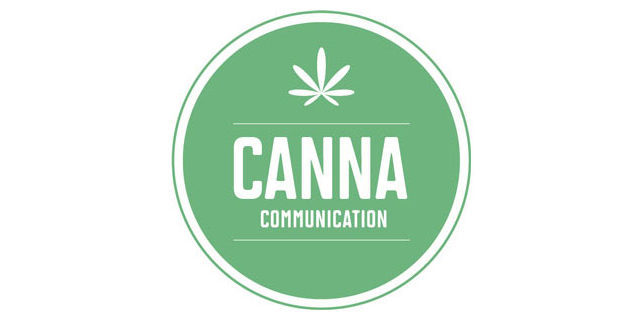
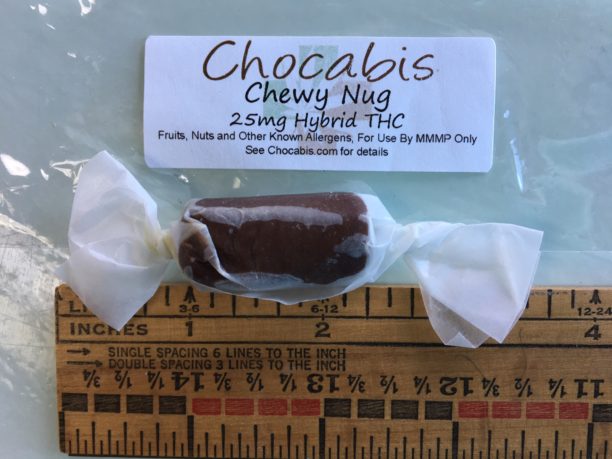

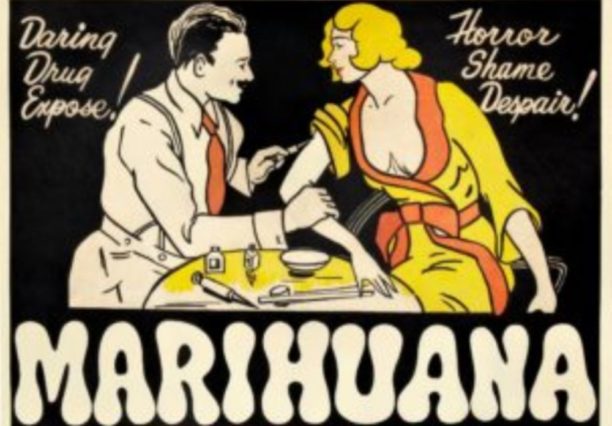
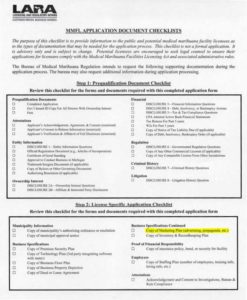
 Propaganda is a word that’s generally negative; it’s about a single point of view, is meant to be persuasive and is often biased and misleading. It’s not a word that is used often or lightly.
Propaganda is a word that’s generally negative; it’s about a single point of view, is meant to be persuasive and is often biased and misleading. It’s not a word that is used often or lightly.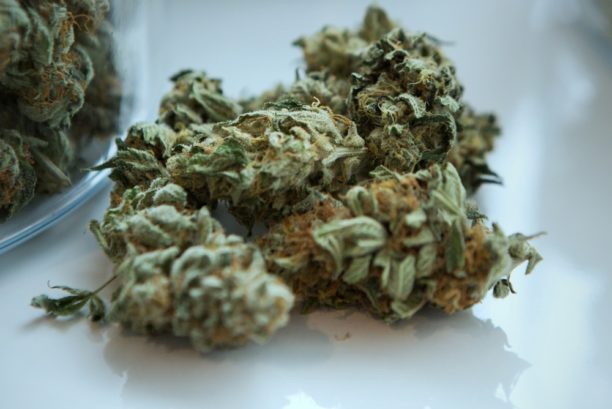
 7)
7)
 Tax Revenue for the City of Muskegon.
Tax Revenue for the City of Muskegon.


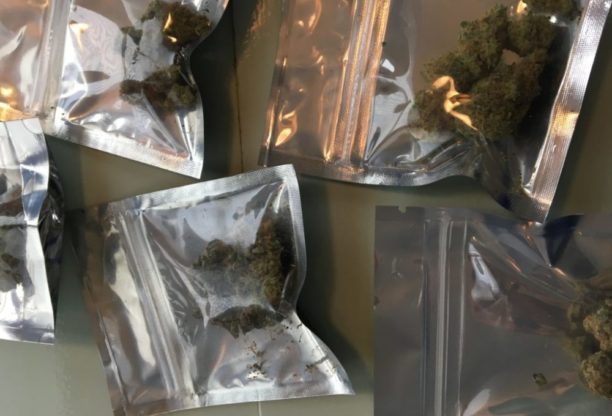

 Perhaps is it the obviousness of a storefront dispensary that bothers people. It’s one thing to quietly acknowledge that more than 280,000 Michigan residents hold cards and use medical marijuana, it’s another to see a store in your local business district. There it is, in plain sight, where people might have to address their personal biases about marijuana use, confront outdated viewpoints and possibly say
Perhaps is it the obviousness of a storefront dispensary that bothers people. It’s one thing to quietly acknowledge that more than 280,000 Michigan residents hold cards and use medical marijuana, it’s another to see a store in your local business district. There it is, in plain sight, where people might have to address their personal biases about marijuana use, confront outdated viewpoints and possibly say 